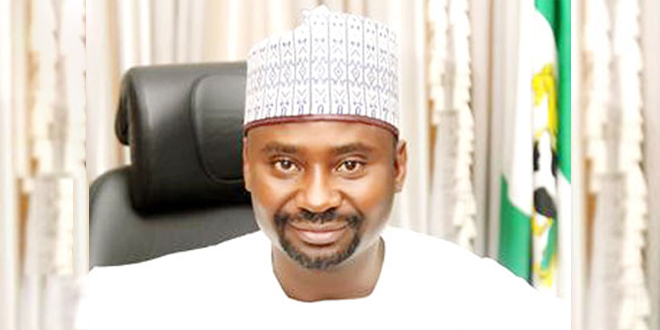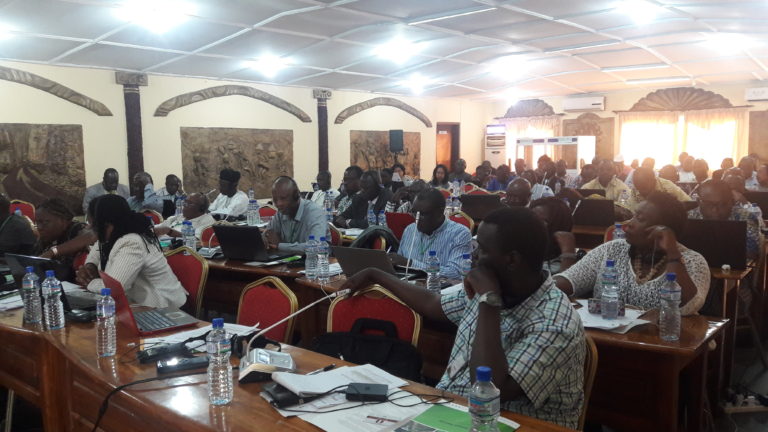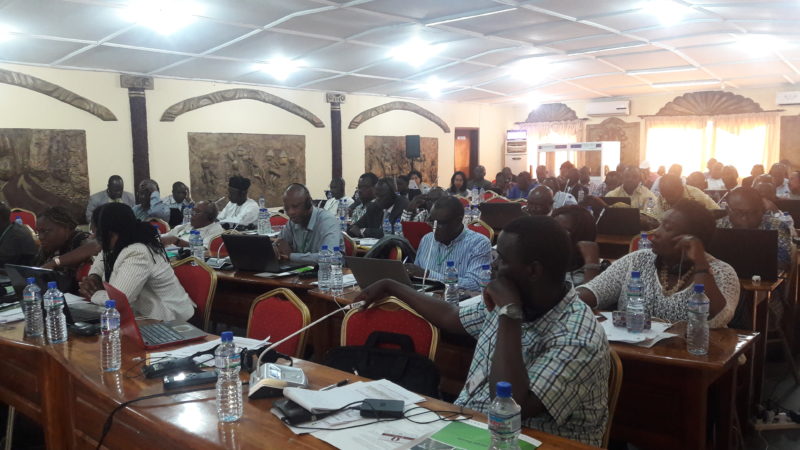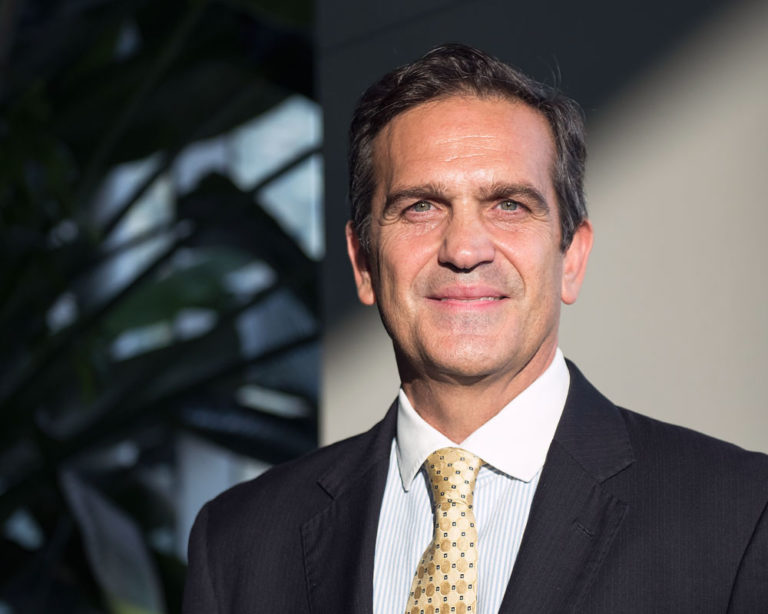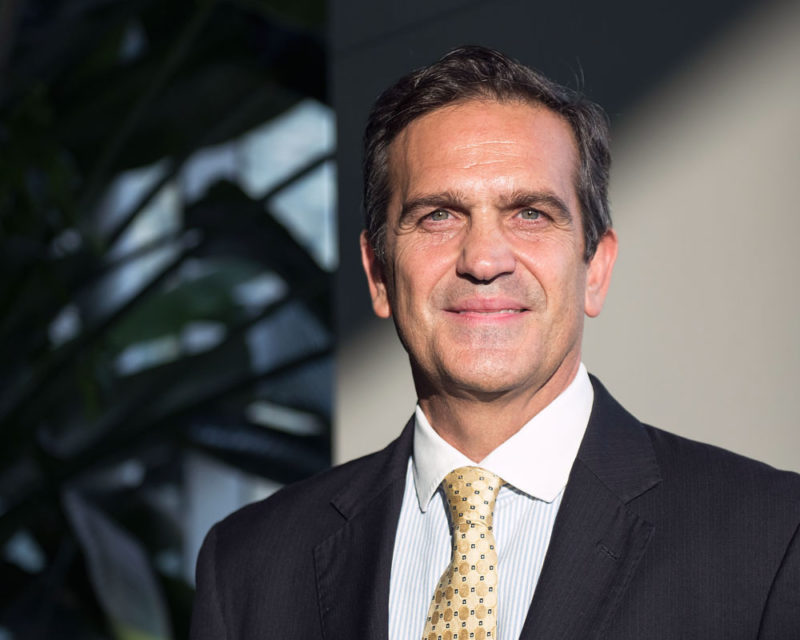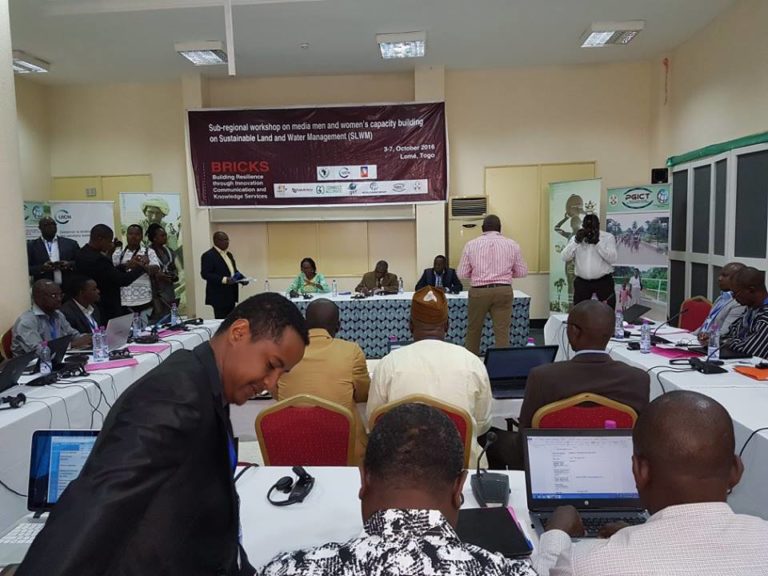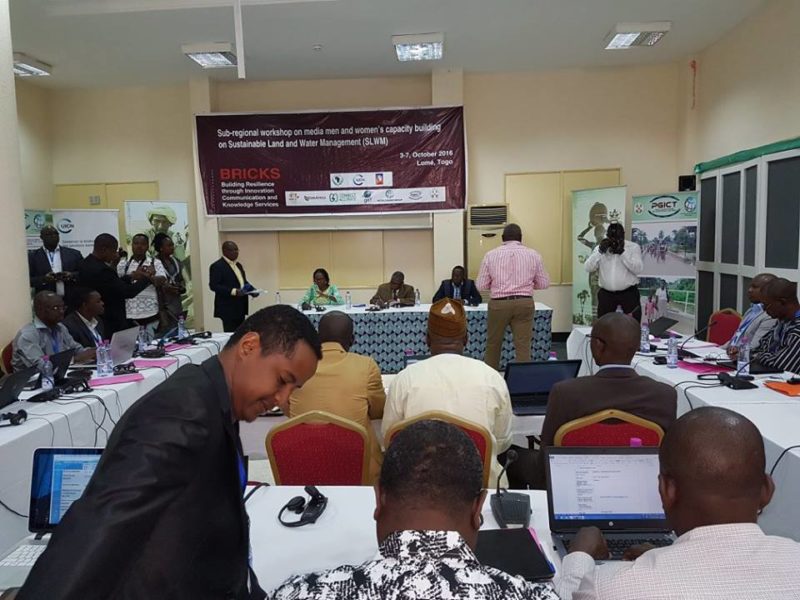As more countries joined the Paris Agreement, paving way for its full implementation, the global accord designed to address climate change challenges will officially enter into force on Friday, 4 November, the United Nations announced on Wednesday.
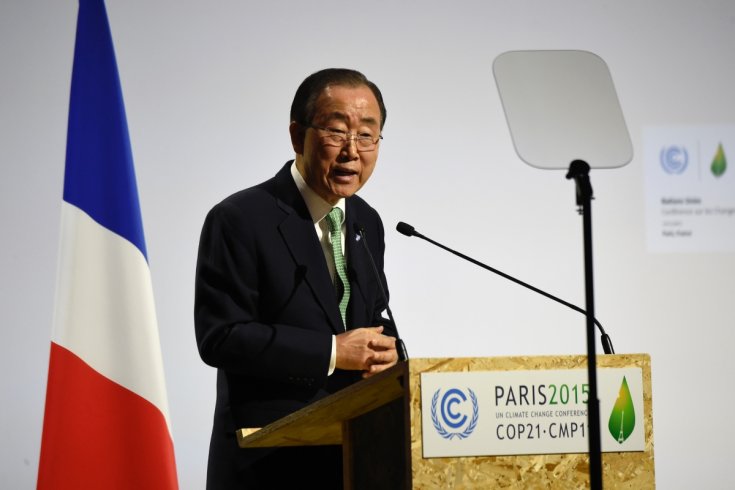
Widespread optimism has trailed this disclosure, with stakeholders – diplomats, civil society and business – saying that, even though its celebration time for now, the real work has only just begun.
The Agreement provides that it shall enter into force 30 days after 55 countries, representing 55 percent of global emissions, have deposited their instruments of ratification, acceptance or accession with the Secretary-General. As at Wednesday, 73 countries and the European Union have joined the Agreement, exceeding the 55 percent threshold for emissions.
The requirements for entry into force were satisfied on Wednesday when Austria, Bolivia, Canada, France, Germany, Hungary, Malta, Nepal, Portugal and Slovakia, as well as the European Union, deposited their instruments of ratification with the Secretary-General.
These countries were the latest to join the Agreement this week, following New Zealand and India, and the 31 countries which joined at a special event at the UN on 21 September during the General Assembly high-level week. In early September, the world’s two largest emitters, China and the United States, joined the Agreement, providing the impetus for other countries to quickly complete their domestic ratification or approval processes.
The Agreement will now enter into force in time for the Marrakech Climate Conference (COP 22) in Morocco on 6 November, where countries will convene the first Meeting of the Parties to the Agreement.Countries that have not yet joined may participate as observers., according to the UN.
“This is a momentous occasion,” says UN Secretary-General Ban Ki-moon as the latest instruments of ratification were accepted in deposit. “What once seemed unthinkable, is now unstoppable. Strong international support for the Paris Agreement entering into force is a testament to the urgency for action, and reflects the consensus of governments that robust global cooperation, grounded in national action, is essential to meet the climate challenge.”
But he cautions that the work of implementing the agreement still lay ahead. “Now we must move from words to deeds and put Paris into action. We need all hands on deck – every part of society must be mobilised to reduce emissions and help communities adapt to inevitable climate impacts.”
Patricia Espinosa, Executive Secretary of the UN Framework Convention on Climate Change (UNFCCC), says: “Above all, entry into force bodes well for the urgent, accelerated implementation of climate action that is now needed to realise a better, more secure world and to support also the realisation of the Sustainable Development Goals.”
She adds: “It also brings a renewed urgency to the many issues governments are advancing to ensure full implementation of the Agreement. This includes development of a rule book to operationalise the agreement and how international cooperation and much bigger flows of finance can speed up and scale up national climate action plans.
“The speed at which countries have made the Paris’s Agreement’s entry into force possible is unprecedented in recent experience of international agreements and is a powerful confirmation of the importance nations attach to combating climate change and realizing the multitude of opportunities inherent in the Paris Agreement.
“Climate action by countries, companies, investors and cities, regions, territories and states has continued unabated since Paris and the full implementation of the agreement will ensure that this collective effort will continue to double and redouble until a sustainable future is secured.”
350.org Executive Director, May Boeve, reacts: “The entry of the Paris climate agreement represents a turning point in the fight against climate change: the era of fossil fuels is finally coming to an end. Now the real work begins. The only way to meet the 1.5 or 2°C target is to keep fossil fuels in the ground. The fossil fuel industry’s current ‘drill and burn’ business plan is completely incompatible with this agreement. Investors and governments have a responsibility to both divest from climate destruction and accelerate the just transition to an 100% renewable energy economy.
“Here in the United States, the first test of President Obama’s commitment to this agreement will be his administration’s decision on the Dakota Access Pipeline. He rejected the Keystone XL pipeline because it was bad for the climate, Dakota Access is exactly the same. You can’t be a climate leader if you’re not keeping fossil fuels in the ground.”
Wael Hmaidan, International Director, Climate Action Network: “The unprecedented speed at which countries have come together to move this Agreement forward, in less than a year since it was negotiated, is commensurate with the urgency that we need to tackle the pace and scale at which climate change is damaging our economies, threatening livelihoods and destroying the planet. Galvanising action to implement the Paris Agreement must now begin in earnest by leaving the era of fossil fuels behind us and embracing a 100% renewable energy future.”
Wendel Trio, Director at Climate Action Network (CAN) Europe: “This early entry force of the Paris Agreement is a huge step forward in the fight against climate change. All eyes now turn to Marrakesh where the EU can prove that its fast-track ratification was not just an act of political grandstanding, but a testimony to support the need to urgently scale up climate action in all countries and across all sectors. To show the world that it’s serious about reaching the objectives of the Paris Agreement, the EU must bring to COP22 in Marrakesh a concrete plan for how to scale up action before 2020 as well as a plan for how they will review its inadequate 2030 target by 2018 the latest.”
Jennifer Morgan, Executive Director, Greenpeace International: “The unprecedented speed of the entry into force of the Paris Agreement demonstrates that Paris was not a one-off deal, but rather a long-term commitment to climate action. It also demonstrates the urgency of the matter. Now that a truly global binding climate agreement is in place, governments should have the confidence to not only meet but also beat their national targets and provide support to the poorest countries. This means a managed decrease in fossil fuel dependency and increasing investment in renewable solutions. The opportunities for communities for a clean and just future that Paris signals are tremendous.”
Mohamed Adow, Senior Climate Advisor, Christian Aid: “The speed at which the Paris Agreement has come into force has been remarkable. But we now need to see tangible actions to follow just as quickly. As Hurricane Matthew leaves destruction across Caribbean we’re reminded that our climate continues to undergo rapid change and we are continuing to pollute it.
“The Paris Agreement was like a breakthrough at a rehab centre. World leaders admitted for the first time they had a fossil fuel addiction problem and would clean up their act. The question now is will they stick to this new path or will they fail at the first difficult decision. Like a junkie coming off drugs they need to actually wean themselves off the damaging substance. Their attitude to their Paris Agreement promises will be tested in the coming few days. It’s imperative that they agree an ambitious global phase down of climate warming HFCs in Rwanda next week.”
Alden Meyer, Director of Strategy and Policy, Union of Concerned Scientists: “The fact that the Paris Agreement is taking effect much earlier than anticipated shows that leaders understand the need for collective action to confront the growing climate threat. Last month’s joint announcement by the U.S. and China that they had joined the agreement clearly spurred other countries to speed up their domestic processes, ensuring that the first meeting of parties to the Paris Agreement will take place next month in Marrakech. While this milestone is certainly cause for celebration – perhaps with a glass or two of French Champagne—much hard work lies ahead. Countries must now move aggressively to implement and strengthen their emissions reduction commitments under the agreement if we are to have any chance of avoiding the worst impacts of climate change.”
Srinivas Krishnaswamy, CEO, Vasudha Foundation, India: “It is great to see countries rallying behind each other to ratify the Paris Agreement, resulting in perhaps the fastest every multilateral agreement to come into force. I do hope that this speed of action continues in the implementation of the Paris Agreement too, particularly urgent and comprehensive actions to drastically cut GHG emissions and countries cooperate and work together to collectively keep temperature rise to under 1.5 C degrees.”
Paul Polman, CEO of Unilever and Chairman of the World Business Council for Sustainable Development: “The entry into force of the Paris Agreement just ten months after COP21 is a defining moment for the global economy. It sends an unmistakable signal to business and investors that the global transition to a low-carbon economy is urgent, inevitable, and accelerating faster than we ever believed possible.”
Peter Bakker, President of the World Business Council for Sustainable Development: “There is the world before Paris and the world after Paris. We are entering an era of system transformation. Business is already playing a leadership role through global collaboration and low carbon partnership initiatives to drive innovation and structural change. We now need to scale up and speed up the implementation of the Paris Agreement through more ambitious NDCs supported by leveraged financial resources.”
Richard Lancaster, CEO of CLP: “Successful ratification of the Paris Agreement demonstrates clearly the political will of the signatories. Now businesses are enabled to work together with governments and communities to shape the policies and take the actions necessary to transition to a low carbon future.”
Neil McArthur, CEO of Arcadis: “This milestone agreement is an important step in ensuring we can maintain quality of life on our planet for future generations. Arcadis is eager to collaborate with its clients across the public and private sectors to support them in achieving the targets set out in this agreement. We can bring the detailed business and technological insights and innovative prowess to make it real.”
Steve Howard, Chief Sustainability Officer of IKEA Group: “The Paris agreement represents a turning point for business. The certainty of ever stronger policies to reduce emissions creates clarity and unlocks opportunities for developing products, services and operations for a low-carbon economy. We are only at the beginning, but the pace at which countries have been ratifying the agreement shows that the policy leadership is there to achieve real change. Now we need to work together for a rapid transition to a future built on clean, renewable energy.”
Keith Tuffley, CEO and Managing Partner of The B Team: “The Earth’s ecosystems don’t have time for politics — only science. Today, the nations of the world said they agree. With surprising speed, they have ensured that the Paris Agreement will enter into force this year. It’s an historic moment — but our work must now accelerate. Now is the time for businesses to seize the economic opportunity before them, and shift rapidly toward zero greenhouse-gas emissions to create a sustainable, clean energy economy. And to do so in a just manner that respects human rights, creates millions of new jobs, lifts millions out of poverty and reduces inequality in all its forms.”
Paul Simpson, CEO of CDP on behalf of the Science Based Targets initiative: “This is a historic moment which confirms the momentum and appetite in the business community and beyond to rise to the challenge of climate change. More and more companies are setting emission reduction targets in line with what the science says is necessary to keep global warming below 2 degrees. They are the leaders of tomorrow’s zero-carbon economy.”
Damian Ryan, Acting CEO of The Climate Group: “Much like the adoption of the Paris Agreement itself in December last year, the entry into force of the treaty today is a truly historic moment. Few international agreements have entered into force at such speed and arguably none have been so important to our common future as the Paris Agreement. The decision by many world leaders to act quickly and boldly over the past 10 months is to be applauded. Thanks should also go to the business leaders and politicians in state and regional governments whose actions and policies, such as committing to 100% renewable power, have helped create the momentum and political belief that a better, safer and more prosperous world can be created through bold climate action.”
Jill Duggan, Director of The Prince of Wales’s Corporate Leaders Group (CLG): “The unprecedented speed which is driving an early entry into force of the Paris Agreement shows the huge significance of the climate challenge for governments worldwide, in spite of the political turmoil emerging across many economies.
“By fast tracking its ratification of the Agreement, the EU has been pivotal to this great momentum, taking its rightful position at the forefront of climate action.
“The significance of the Paris Agreement and its universal impact cannot be underestimated. The transition to a zero carbon economy is inevitable. Now is the time for companies to start preparing for a zero carbon future.”
Aron Cramer, President and CEO of BSR: “We are delighted that this crucially important milestone is here, earlier than expected, and not a moment too soon. The Paris Agreement is more than a multilateral climate deal. It is a stimulus package for the global economy. Paris will move more than $13 trillion to support a clean energy future creating sustainable livelihoods and new market opportunities. We celebrate the courage of governments as they commit to protecting our common home while driving equitable access to sustainable development. We acknowledge the thousands of companies and investors who are responding to new policy incentives by being bold in their own climate commitments. Over the coming years they will reduce emissions, enhance resilience, and mobilize the finance that will bring Paris to life. Working together — governments and business — will turn the promise of Paris into real inclusive and sustainable economies.”
Nigel Topping, CEO of We Mean Business: “The Paris Agreement could go down in history as the most impactful multilateral treaty of all time. By acting with unprecedented speed to bring the agreement into force, the world’s governments have given global business a powerful signal to drive investment, innovation and growth in the zero carbon economy. And this signal will only get stronger over the next four years as countries take note of technology trends and corporate action in revising their national plans as required by the agreement.”
Climate Reality: “It’s time for our leaders to stop talking about climate change and start working together to solve it. Because now a bright, sustainable future for our planet is finally in sight – and its time to make it a reality. It’s time for our leaders to honor – and strengthen – their commitments to climate action.”





